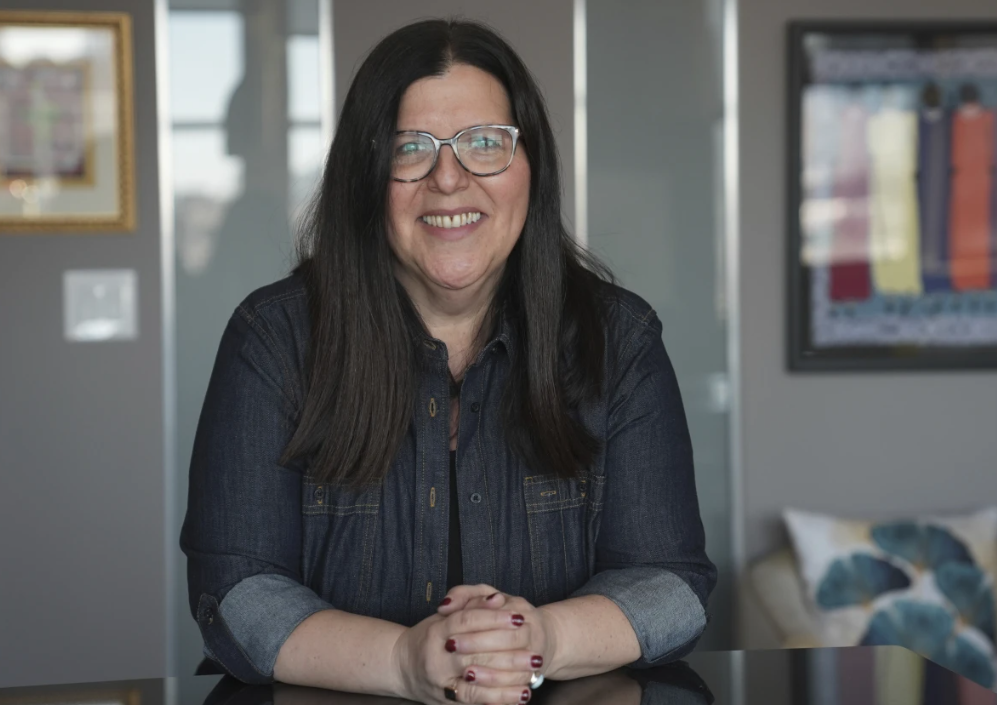Several universities across the U.S. are adjusting their diversity, equity, and inclusion (DEI) programs in response to new White House orders banning DEI initiatives in federally funded programs. Northeastern University in Boston has renamed a program designed for underrepresented students to place greater emphasis on the idea of “belonging” for everyone. Meanwhile, at Rutgers University in New Jersey, a session intended for students from historically Black colleges had to be canceled unexpectedly. Colleges nationwide are reviewing their program names and policies to ensure they comply with potential restrictions that could come from the Trump administration’s crackdown on DEI efforts.
The new White House directive specifically targets DEI initiatives in programs that receive federal funding, which many schools depend on for research, grants, and various projects. In response, some institutions are hesitant to make changes or have remained silent due to uncertainty or fear of repercussions. This includes concerns over possible investigations into schools with endowments exceeding $1 billion, as President Trump has called for such inquiries. However, some universities are determined to stand by their DEI commitments despite the potential pressure.
The president of Mount Holyoke College, a liberal arts institution in Massachusetts, expressed hope that fellow leaders in higher education would not give in to former President Trump’s vision for the nation. Danielle Holley voiced her belief that Trump’s executive orders on DEI policies could face legal challenges.
Danielle Holley, who is Black, stated that simply changing the appearance of diversity initiatives is not helpful, as it would validate the idea that promoting such values is wrong. She emphasized that she believes in the importance of affirming the value of living in a multiracial democracy.
Former President Trump has criticized DEI programs, claiming they are a form of discrimination. During his campaign, he proposed a measure to fine colleges the full amount of their endowment if they didn’t shut down these programs.
Colleges had already faced limitations on diversity efforts after the 2023 Supreme Court ruling that ended affirmative action in higher education. Despite this, many schools have assured that they remain committed to recruiting students of color and supporting all students, though they may alter their strategies or rename their programs.
Northeastern University has renamed its “Office of Diversity, Equity and Inclusion” to “Belonging in Northeastern,” presenting it as a new approach that includes everyone at the university. A spokesperson for the university, Renata Nyul, explained that while some internal structures may change, the university’s core values remain the same. She emphasized that embracing diversity and creating a sense of belonging makes Northeastern stronger.
The recent orders are causing concern across many colleges, according to Paulette Granberry Russell, president of the National Association of Diversity Officers in Higher Education. She noted that schools are preemptively reassessing courses, programs, and even administrative roles. The long-term impact of these shifts, she warned, could be significant for both higher education and society at large.
In some cases, changes are happening beyond the colleges’ control. For example, at Rutgers University, professor Marybeth Gasman received an email on January 23 from a contractor telling her to cancel an upcoming conference on student internships. The funding for the event, which was aimed at DEI programs, had been suspended due to federal changes. The conference, which was set to include about 100 students and staff from historically Black colleges and universities, was planned as an online session.
Marybeth Gasman, who heads Rutgers’ Center for Minority Serving Institutions, described the cancellation of her department’s $575,000 grant project as “a punch in the gut.” With the funding now frozen, she hopes to raise the remaining $150,000 from other sources to finish the project and keep staff on board.
In addition to reassessing their own programs, many universities and faculty members are concerned about the future of research funding. This week, the White House paused federal grants and loans to conduct an ideological review aimed at eliminating progressive initiatives, though it later reversed the decision. However, uncertainty remains regarding the future of research related to diversity issues.
Cameron Jones, a professor at California Polytechnic, expressed concerns about whether he would still receive a $150,000 grant from the National Endowment for the Humanities to study the history of African descendants in early California, even though the grant isn’t specifically tied to DEI. He also fears the potential negative impact of the ban on his students, particularly students of color.
Cameron Jones, a professor at California Polytechnic, expressed concern that even subtle pressure could cause administrators to back away from programs that support students of color and first-generation students. He added that, despite being a white, cisgender, church-going man, he feels the impact of these shifts.
Many colleges have already faced restrictions on DEI initiatives in states led by Republican governors. One such example is Oklahoma, where Shanisty Whittington, a 33-year-old political science student at Rose State College, has noticed increased concerns. Compared to her first experience in college over a decade ago, she now observes more anxiety about freely expressing opinions and a general sense of confusion on campus.
The recent ban in Oklahoma led to the loss of a long-standing networking program for female students interested in politics. Shanisty Whittington, who is balancing work, school, and parenting, recently applied for two jobs at the statehouse but received no response. She expressed that having a tool to help her enter the political world and connect with others would be valuable.
Sheldon Fields, president of the National Black Nursing Association and associate dean for equity and inclusion at Penn State’s nursing school, has faced similar challenges in the past. As a post-doctoral student in the early 2000s studying AIDS/HIV prevention, he saw his federally funded program threatened by conservative policies. Rather than abandoning the work, Fields and his colleagues adapted by creatively shifting their language. “I had to write a whole grant about AIDS prevention without even talking about sex,” he explained.
Fields believes that, despite current political pressures, many professionals will not give up on their work. “People have spent their entire careers working on certain areas,” he said, pointing out his own efforts to diversify the nursing profession, which remains predominantly white and female. “They’re not going to completely abandon them.”















